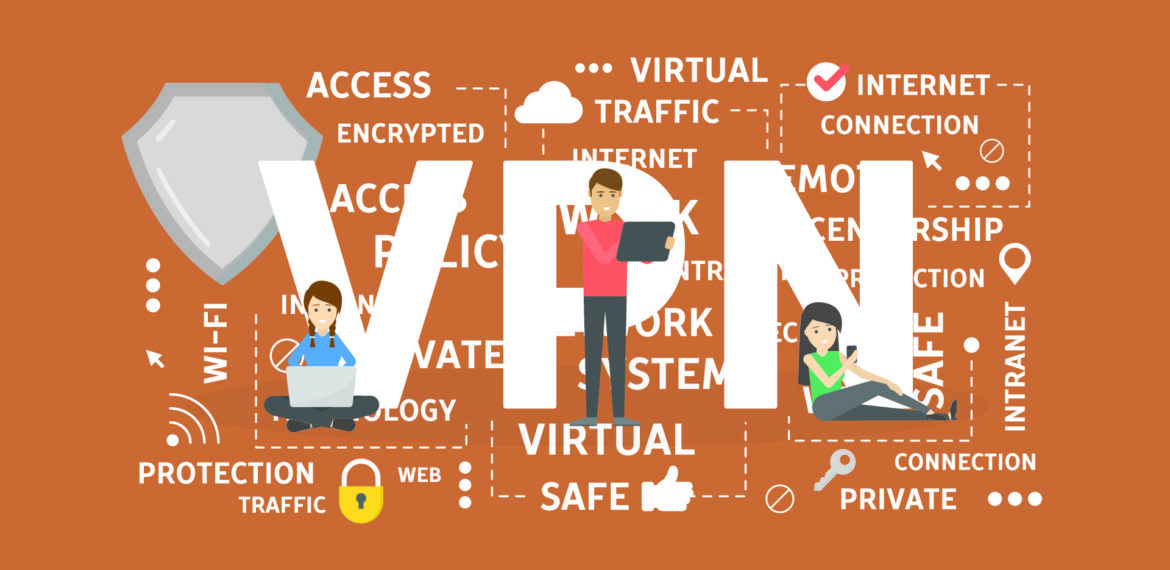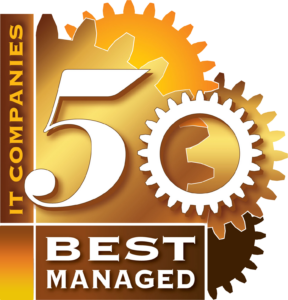
Is a Remote-Access VPN For You?
Is a Remote-Access VPN For You?

Setting up a remote-access VPN can be beneficial for companies with employees who often work offsite or use their own personal devices for work. If this is the case, it is important to provide a secure, reliable way to connect to your company’s computer systems. Here is what you need to know about this type of VPN if considering this technology.
Basics
Once employees are connected, they are able to access the resources on the network, just as if their devices were physically plugged into it.
Remote-access VPN’s work by creating a virtual tunnel between an offsite employee’s device and the company’s network. This tunnel goes through the Internet or another type of public network, such as a public Wi-Fi network. The tunnel and the data traveling through it are protected by encryption and security protocols, which keeps the data private and secure.
Companies can build and maintain their own remote-access VPNs. There are two main components, a network access server and VPN client software. The client software needs to be installed on the devices that employees will use to connect to the server when they are out of the office. This might include company-issued mobile devices and employees’ personal devices (e.g., smartphones, home computers). As VPN usage grows, companies can add equipment that is designed to optimize VPN services, such as VPN concentrators.
If you don’t want to be bothered with setting up their own remote-access VPNs, you can use a VPN service provider. In this case, they do not need a network access server, but they still need to make sure the VPN client software is installed on the devices employees will be using to connect to the VPN.
Advantages
The most important benefit is data security. When offsite employees send data through a VPN, it is encrypted, so if hackers happen to capture the data, they won’t be able to use it. This is particularly important if employees access their companies’ computer systems using public Wi-Fi networks because traffic on them is typically not encrypted. Another advantage is that remote access VPNs provides companies with an affordable way to secure data. The initial investment is minimal and the VPN solution can be easily scaled as a company grows, especially if a VPN service provider is used.
Because remote-access VPNs are affordable (even for small businesses) and secure, companies can feel more comfortable with letting employees work from home, the airport, or anywhere.
Disadvantages
Like any tool, remote-access VPNs have some disadvantages like slowing down a device’s web browsing speed. Also, setting up an in-house VPN solution can be challenging if a business is unfamiliar with the technology.
Using a VPN service provider simplifies the setup process. Be wary when choosing one! There are fake VPN service providers (i.e., fake services offered by hackers) as well as providers with questionable practices (i.e., legit companies that sell customers’ data). So, when selecting a VPN service provider, do research and carefully evaluate candidates, especially those offering free VPN services.
Don’t Be Intimidated
A remote-access VPN can be valuable asset for companies, but setting one up can be intimidating. If you think your company can benefit from one, CopperTree Solutions experts can help you select and implement the best solution for your business or manage your VPN for you.
CopperTree Solutions serve clients both large and small, in Kitchener, Waterloo, Cambridge, Guelph, Stratford and surrounding areas.
Call 519-804-2461 or Colin.Shantz@ctsol.ca



